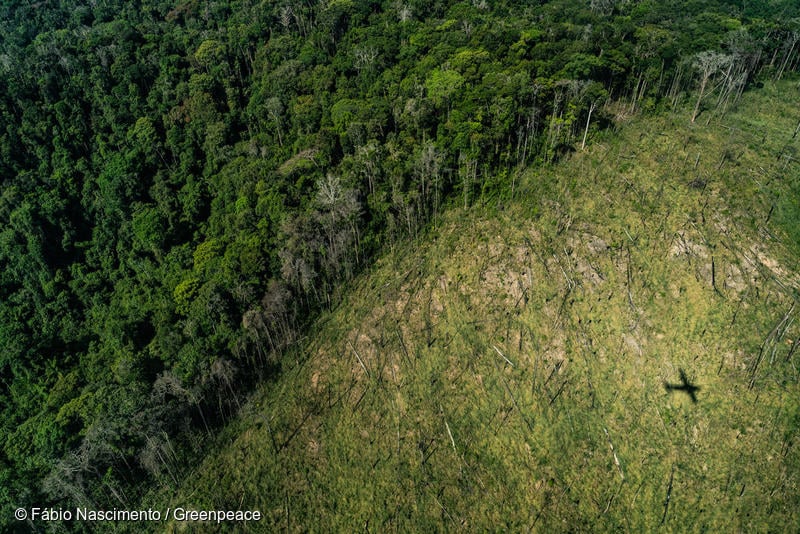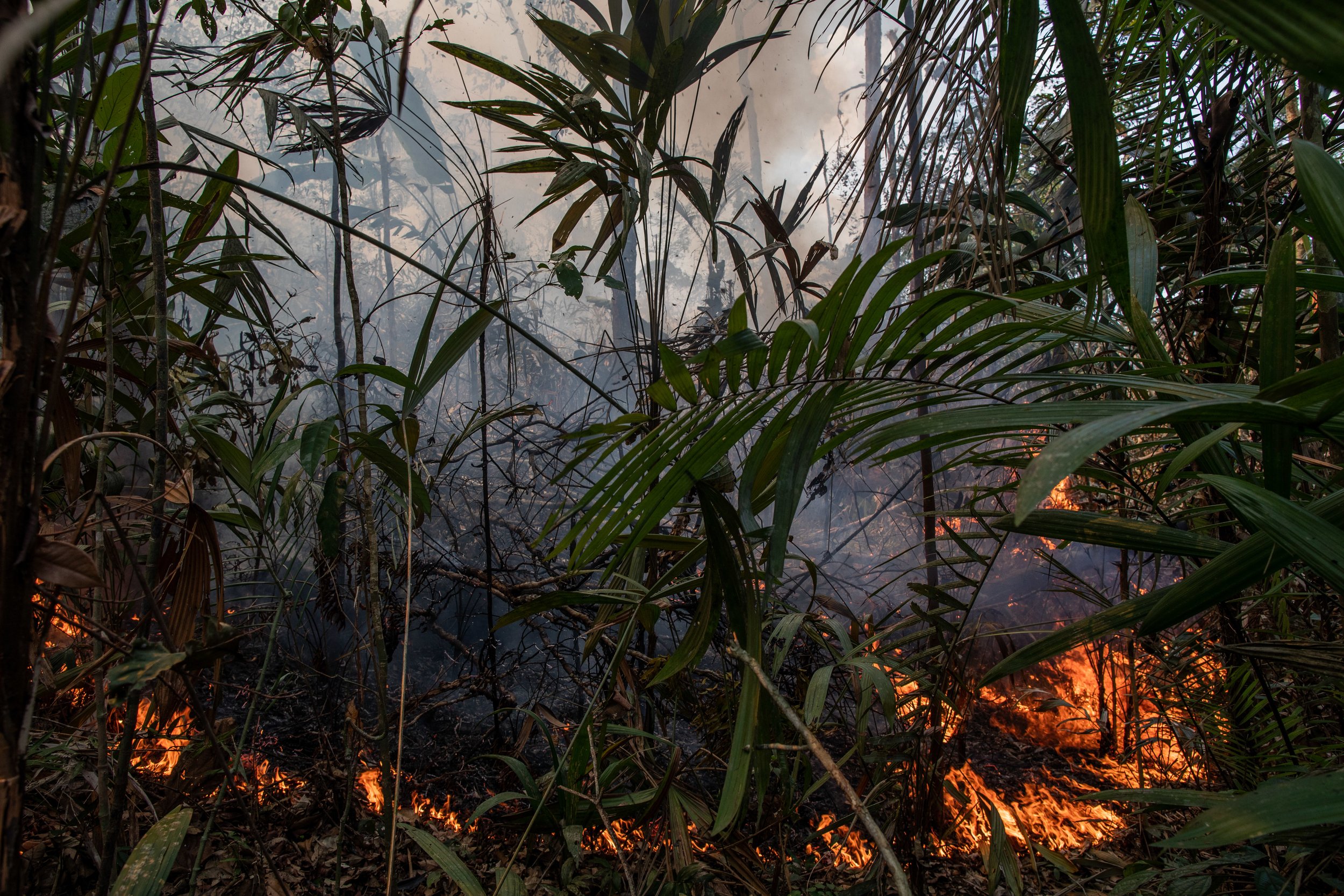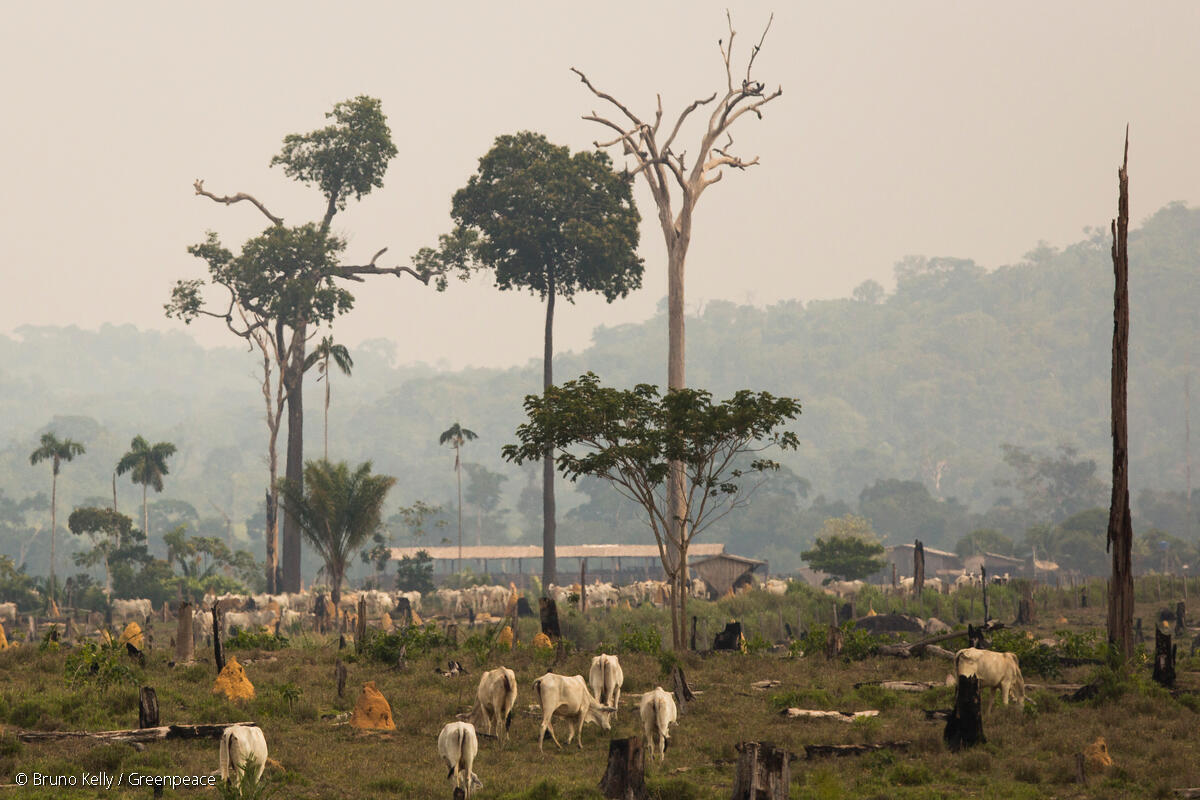If everybody in the world lived like the average EU resident, humanity would have consumed the equivalent of 2.8 planets by the end of 2019. In order to tackle the global environmental crisis, and its grave social repercussions, it is important to take urgent action to eliminate the EU’s destructive impact on forests and other natural ecosystems. This is crucial to preserve the climate and protect biodiversity. It will also help to reduce the EU’s global ecological footprint, improve governance, ensure the protection of the rights of Indigenous Peoples and local communities, and support a global transition towards agroecological farming systems. As a major consumer trading bloc and financial player, the EU has the power and the duty to take urgent action.

Forests, as well as other natural ecosystems, are not immune to the detrimental effects of the EU’s consumption. In its recent Communication on “Stepping up EU Action to Protect and Restore
the World’s Forests”, the European Commission recognised that the EU consumption represents around 10% of the global share of deforestation embodied in total final consumption of
commodities such as palm oil, beef, soy, cocoa, maize, timber and rubber.
The Communication is a welcome basis for the development of decisive EU action to address deforestation, forest degradation and conversion or degradation of natural ecosystems. Implementing a comprehensive set of measures and initiatives, including new legislation, is essential to reduce the EU footprint on the world’s natural ecosystems. Any future action by the EU should include the most ambitious solutions. The inauguration of the new European Parliament and European Commission offers the opportunity to support this Communication. They must ensure that the proposed
set of actions are developed further and made effective and complementary, especially any new legislative measures.
This should be done immediately. 2020 is the deadline for a number of forest-related international commitments such as target 15.2 of the UN Sustainable Development Goals (SDGs), which aims to halt deforestation by 2020, and Aichi biodiversity target 5, adopted in 2010 under the UN Convention on Biological Diversity (CBD), which states that “by 2020 the rate of loss of all natural habitats, including forests, is at least halved and where feasible brought close to zero, and degradation and fragmentation is significantly reduced”. The Paris Agreement states that “Parties should take action to conserve and enhance, as appropriate, sinks and reservoirs of greenhouse gases […], including forests”, and 2020 should be the year it becomes fully operational. The Communication acknowledges the need for the EU to “step up action and take an even stronger leadership role
in protecting and restoring the world’s forests.”
We support this statement and urge the EU to act without further delay.



